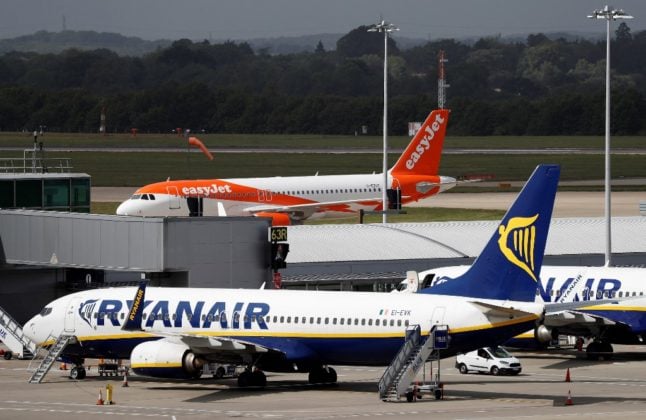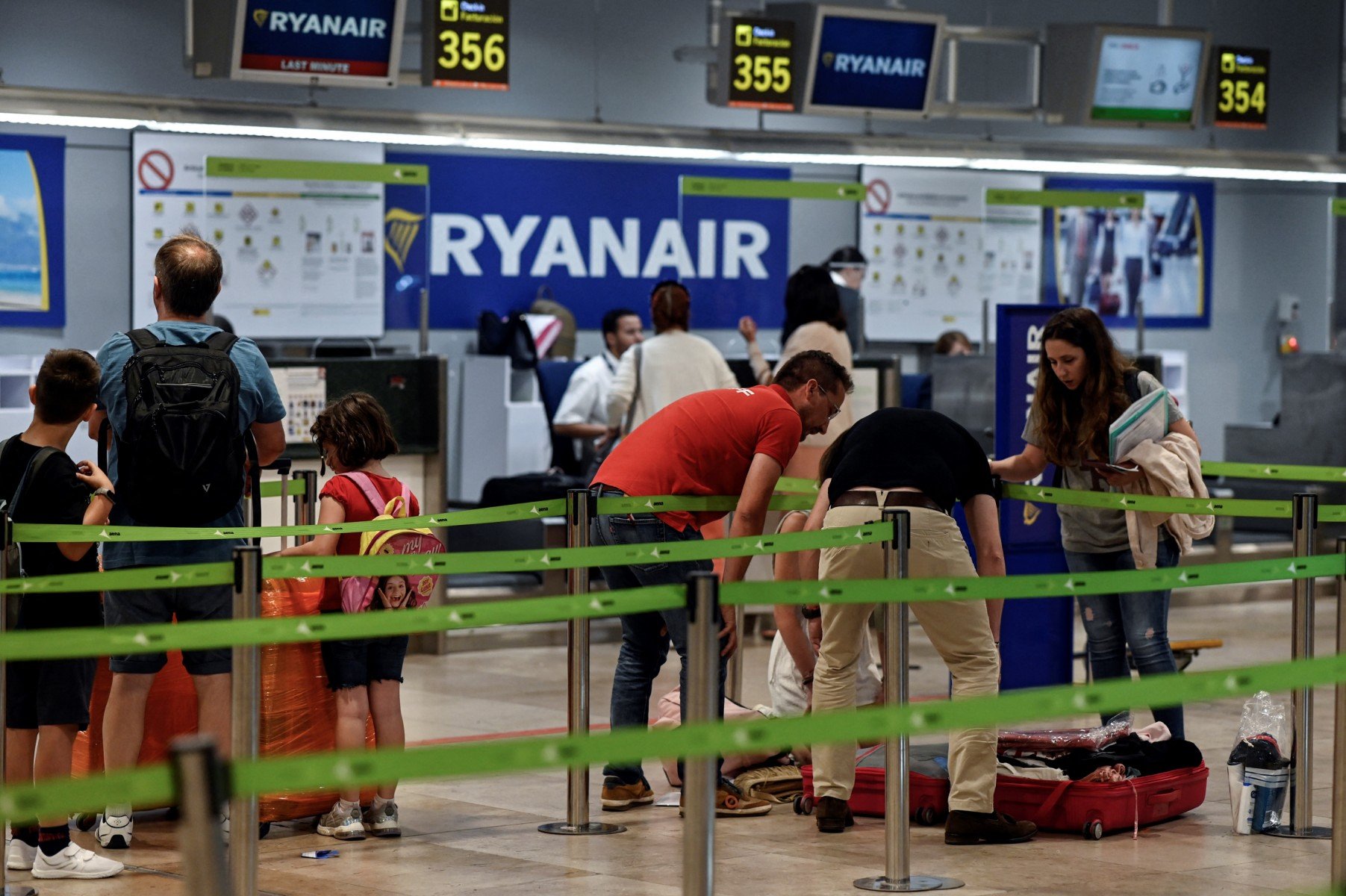The Robert Koch Institute (RKI) announced Friday that Greece, the Netherlands, Thailand and the Danish regions of Hovedstaden, which includes Copenhagen, as well as the Faroe Islands and Myanmar, are now considered ‘basic risk areas’.
Meanwhile, Sri Lanka and the Maldives are no longer a ‘high incidence’ areas, but have been moved to the ‘basic risk’ list.
Although quarantine-free travel is still possible from risk areas with proof of a negative Covid test, vaccination or recovery, travellers returning to Germany from risk zones have to register online before arriving in Germany – and the development of the situation will be watched more closely.
READ ALSO: EXPLAINED: How Germany’s latest rules on international travel affect you
In the Netherlands Covid infections spiked by more than 500 percent in a week, according to the country’s public health institute. It came after the country got rid of almost all of its remaining lockdown restrictions, and reopened night clubs in late June. But hospital admissions increased by a modest 11 percent, the institute said.
Greece has also seen a spike in infections. On Monday, the Greek government ordered the mandatory vaccination of healthcare workers and nursing home staff to tackle the steep rise in cases.
The latest updates from the RKI also show that Cuba, Indonesia and Libya are now ‘high incidence’ areas.
The changes come into effect at midnight on Sunday July 18th.
There are no new ‘virus variant of concern areas’.
Last week Germany moved the whole of Spain onto the ‘risk’ list after Covid infections exploded.
READ ALSO: Germany declares Spain risk area
‘We decide how autumn will be’
It came as federal Health Minister Jens Spahn said Covid restrictions in Germany in autumn and winter depended on the progress of vaccinations.
“We decide now how the autumn will be, how the winter will be through the vaccination campaign,” Spahn told broadcasters RTL and ntv on Friday. “Every individual decides that.”
If Germany achieves a vaccination rate of more than 70 percent, only “basic measures” such as distance and masks would likely be needed, he said.
Spahn also stressed that it will “definitely” make a difference whether someone is vaccinated or not. “For someone who is vaccinated – we cannot and do not have to impose the same restrictions on them as someone who is not vaccinated,” the minister said.
In that respect, he said, it is also “very clear that vaccination certainly makes a difference for everyone, even in autumn and winter”.
On Friday, Germany reported 1,456 Covid cases within 24 hours and 18 deaths. The 7-day incidence stood at 8.6 cases per 100,000 people. Nearly 60 percent of the population has had at least one jab and 45.3 percent are fully vaccinated against Covid.
READ ALSO: Is Germany facing a Covid fourth wave fuelled by the Delta variant?




 Please whitelist us to continue reading.
Please whitelist us to continue reading.
Member comments